Why is Melatonin Banned in the UK?


Related products
Two-thirds of adults in the UK suffer from disrupted sleep and almost a quarter do not get more than five hours a night, so why is melatonin banned in the uk?
As most of us know already, sleep is a crucial part of our life, health and well-being. Sleep not only affects growth, stress hormones, the immune system, appetite, breathing, blood pressure but also cardiovascular health.
As a result of this lack of sleep, many people resort to medication and supplements to help improve their sleeping patterns. Some adults may even want to try out melatonin supplementation to help with their sleep.

But, what exactly is melatonin?
Melatonin is a hormone that is naturally produced in the human body. It can also be found in other species such as plants and other animals.
It is secreted by the pineal gland (located in the brain) but equally in other areas of the body such as the skin, bone marrow, eyes, the gut, etc…
The hormone’s synthesis and production are also enhanced by darkness and decreased by light. Therefore, melatonin is usually released in the brain at night. It acts on receptors in the body to encourage sleep. Being exposed to light at night can therefore block melatonin production. Consequently, it has a very important role in our lives: it can control our sleeping cycle and patterns.
Our bodies naturally produce around 10–80 µg of nocturnal melatonin per night; the daytime production of this hormone is significantly less. However, this hormonal secretion decreases over our lifetime.
This hormone can also be found as a supplement (also known by the brand name Circadin). These are usually oral tablets, capsules or liquids that you drink. These can be made from animals or microorganisms but they are mostly created synthetically.
Benefits of melatonin supplements
The human body typically produces melatonin for its general function. Taking melatonin sleeping tablets adds to the body’s natural supply of the hormone. Evidence suggests that melatonin supplements can in fact improve sleeping habits and the quality of sleep.
Some people may use the supplements to help with sleep disorders, such as:
-
Circadian rhythm sleep disorders
-
Insomnia (it may reduce the time it takes to get to sleep but its effects on total sleep time and the quality aren’t clear yet)
-
Jet lag
-
Delayed sleep phase
-
Sleep disorders in children
Research has also shown that melatonin might be able to reduce evening confusion and restlessness for people affected by Alzheimer’s disease.
Some other studies have also found that melatonin supplementation could also help with eye health and tinnitus.
However, melatonin is primarily used to help with sleep. These supplements can help with:
-
Falling asleep faster
According to a study by the NIH, people who took a melatonin supplement were able to fall asleep between 22 and 34 minutes earlier than those who took placebo pills.
-
Resetting your sleeping and waking cycle
These dietary supplements have been found to help regulate this sleep-wake cycle.
-
Improving sleep efficiency
Sleep efficiency designates the time that is spent sleeping compared to the time spent in bed. Taking melatonin can effectively improve this.

Things to consider
Firstly, it’s important to consider that there’s only been a small amount of scientific evidence that has gone into melatonin’s effects on promoting health and treating disease.
Equally, it is still unknown whether melatonin has an effect on patients suffering from diseases and conditions.
Furthermore, some people (more than 1 in 100) taking melatonin have also had the following side effects:
-
Drowsiness
-
Headaches
-
Nausea
-
A “heavy-head” feeling
-
Feeling hungover
-
Feeling sleepy or tired in the daytime
-
Feeling irritable and restless
-
Dry mouth
-
Dry or itchy skin
-
Pains in your arms and legs
-
Strange dreams or night sweats
Some serious but rare (less than 1 in 1000 people) side effects are:
-
Feeling low or sad (a sign of depression)
-
Blurry vision and watery eyes
-
Feeling faint
-
Dizziness and confusion
-
Bleeding that doesn’t stop, unexplained bruising and blood in the urine
-
Psoriasis
It is also important to know that even if melatonin supplementation is associated with fewer side effects than other sleep medications, some studies show that it may be less effective.
Finally, melatonin supplements have also been shown to interact with certain medications such as:
-
Blood thinners
-
Blood pressure medications
Taking these dietary supplements with these types of medication could eventually lead to adverse effects.

Is it safe to use daily?
Melatonin supplementation has been proven to be generally safe to use daily in the short term. As there haven’t been many long-term scientific studies conducted, supplementation effects on humans in the long term are still yet to be discovered.
With melatonin, it is unlikely that you develop a dependency on the supplement (compared with other sleep medications).
Can you buy melatonin in the UK?
In the UK, melatonin tablets are available as a prescription only. They are mainly reserved for people over the age of 55 to help with their sleep problems.
However, a doctor can sometimes prescribe it to adults under the age of 55 and children who experience insomnia and sleeping disorders. The medication is also prescribed as a treatment for jet lag.
Yet in some cases, it would not be suitable for people who have:
-
Any kind of autoimmune condition such as rheumatoid arthritis, multiple sclerosis, lupus and others
-
Liver and kidney problems
-
Allergic reactions (to melatonin or any other medicine)
For those who are prescribed supplements, you’ll usually take them for around one to four weeks. However, in some cases, you can take it for up to 13 weeks.
The doctor would usually prescribe 2mg slow-release or prolonged-release tablets to you. One of these would usually be taken one to two hours before bedtime and always after food.
Melatonin is available to buy in health food shops or online in some countries. However, they are not authorised for sale in high-street shops in the UK.
So, why is melatonin restricted in the UK?
Melatonin isn’t illegal to use in the UK. Until 1995, Melatonin was sold in health food shops as a nutritional supplement. However, as it is now classed as a medicine (which requires a drug licence), you need to get a prescription from a doctor or healthcare professional to obtain it.
When ordering it online, you will also need a prescription. If you find a website online that sells Melatonin then you should check whether it’s a genuine pharmacy. Or else it may be illegally selling it into the UK.
Bottom line
As seen previously, prescribed melatonin supplements are used as safe and effective tools in improving and regulating sleeping patterns. It may help with jet lag and for those who have an issue to fall asleep.
They are a prescription only medicine in the UK and therefore aren’t sold in high street stores or health food shops.
For a full range of supplements and medications, visit our Welzo Online Pharmacy page. For more information on General health, click here.




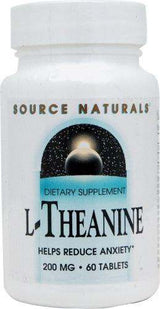
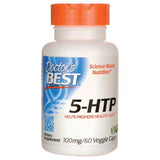

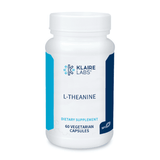
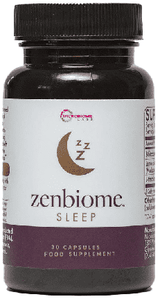
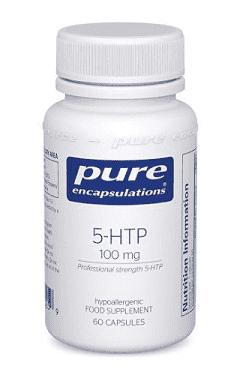
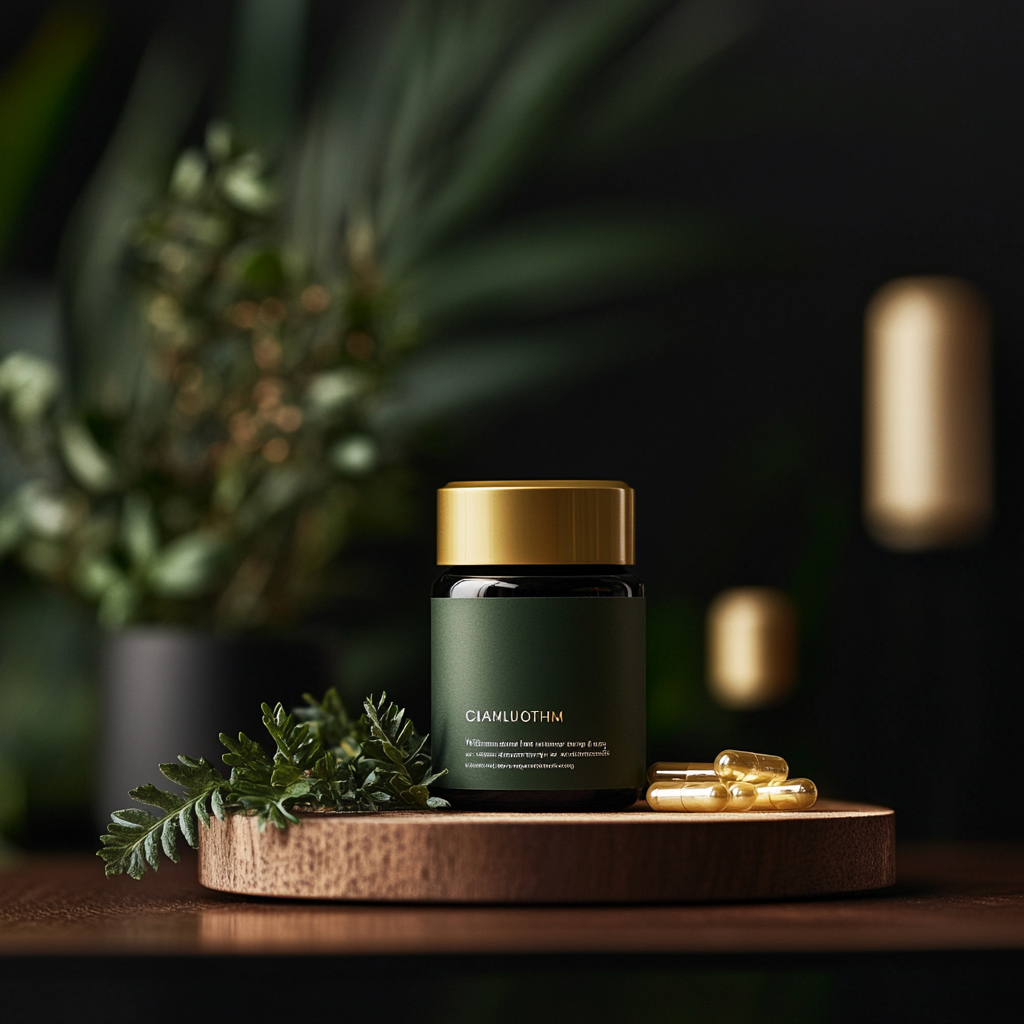
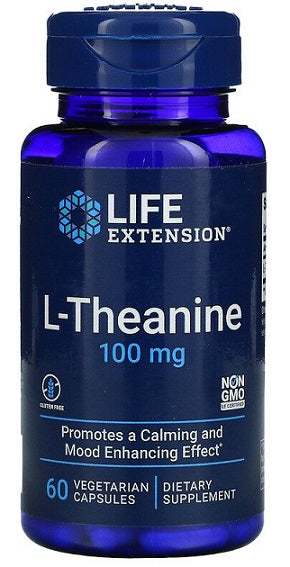

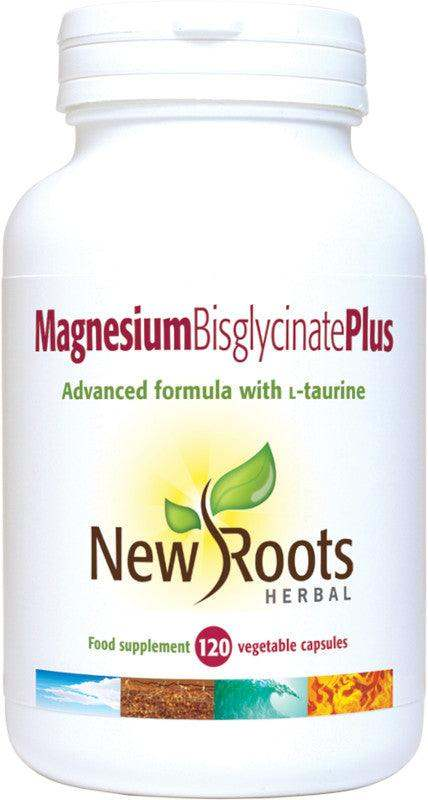


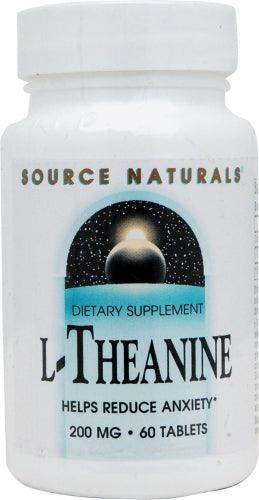
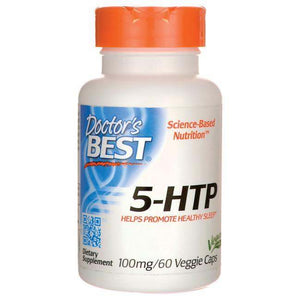
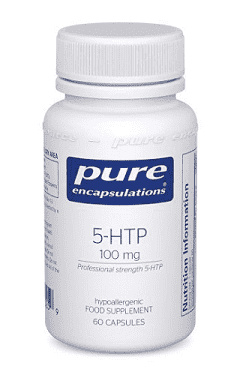
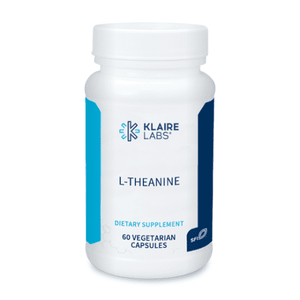
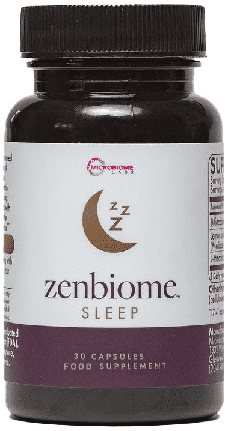

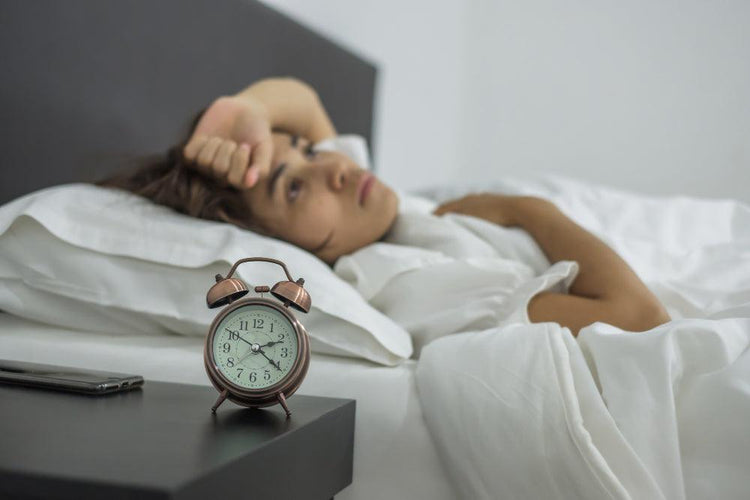



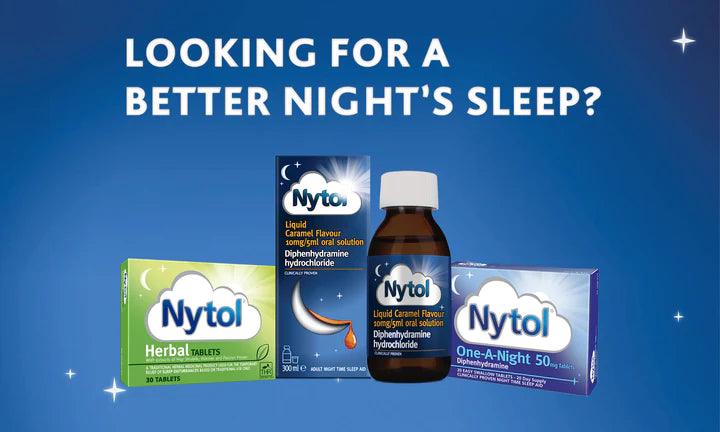

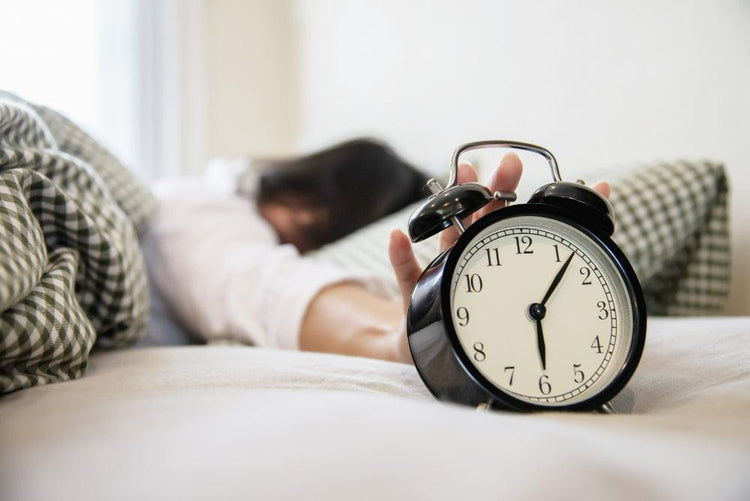
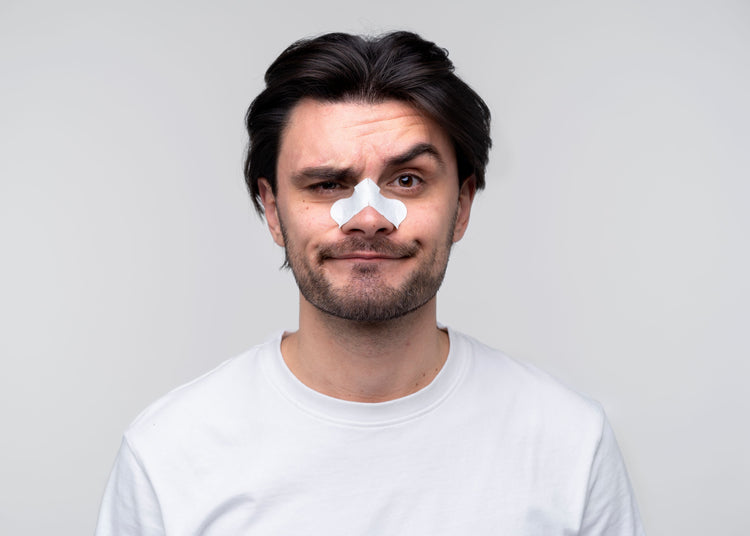

 Rated Excellent by 14,617+ Reviews
Rated Excellent by 14,617+ Reviews